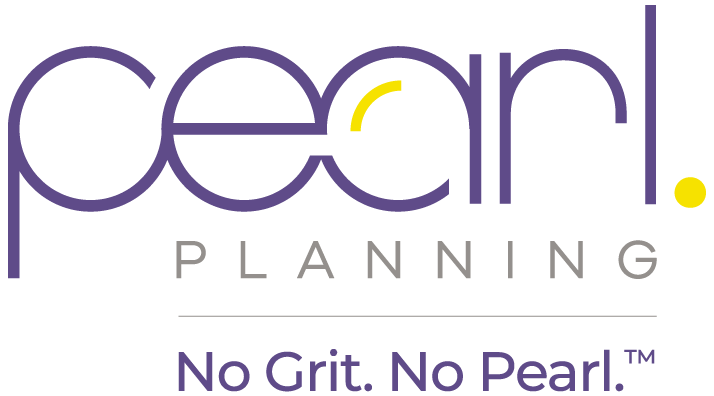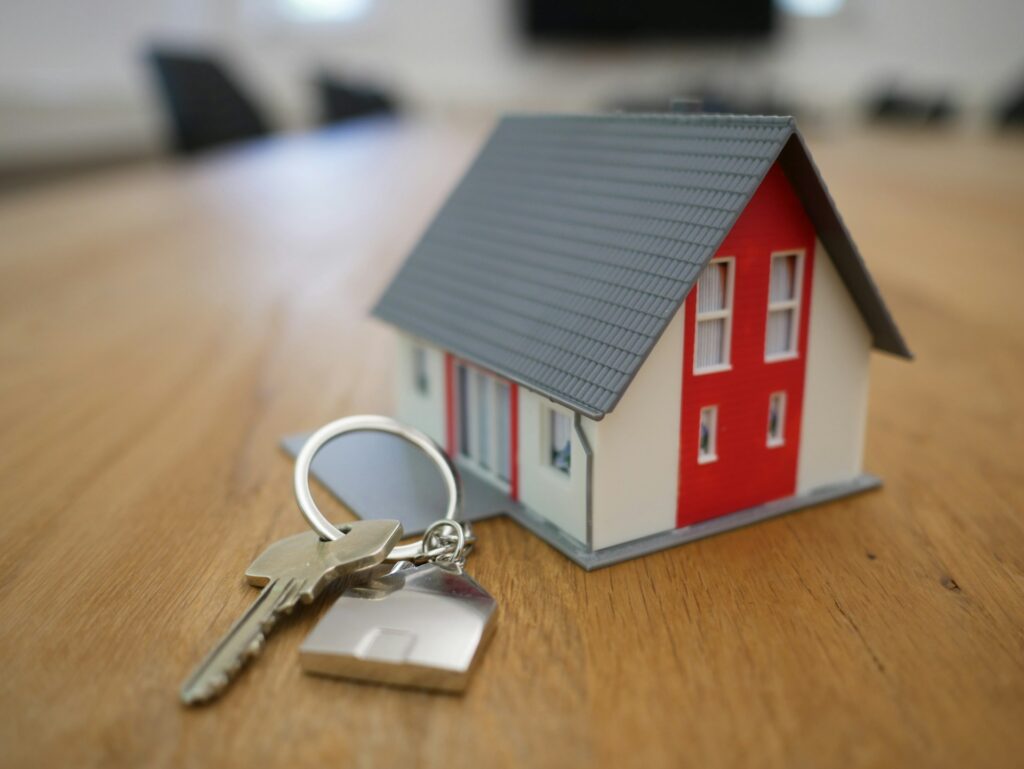Home Insurance
Home insurance protects your home and the belongings inside it in the event of damage caused by fire, hail, tornadoes, or other covered events. The exact coverage depends on your policy, so it’s crucial to review it regularly to make sure it still meets your needs. An important caveat to this is that home insurance only covers personal belongings. If you are a business owner, you will need additional business insurance – even if you operate out of your home.
Home insurance may also cover legal costs or medical bills if someone gets injured on your property. Policies generally include six types of coverage:
- Dwelling Coverage
Covers the structure of your home. This includes walls, floors, roof, and built-in appliances. It also covers attached structures like garages, decks, or porches. This coverage usually applies to damage from any cause not specifically excluded, so it’s important to understand the exclusions in your policy.
- Other Structures Coverage
Covers detached structures on your property, such as fences, sheds, and detached garages. Coverage is usually similar to dwelling coverage, but it varies by policy.
- Personal Property Coverage
Covers your belongings: clothing furniture electronics, and more. It often applies even when the items are stolen outside your home (like a bike locked up at school or at a store). This coverage is event-specific, so review your policy to ensure you’re protected from risks like fire, theft, vandalism, water damage, or power surges.
- Loss of Use Coverage
Reimburses living expenses, such as hotel stays or meals, if your home becomes uninhabitable due to a covered event.
- Liability Coverage
Pays for legal or medical expenses if you or a household member (including pets) are found responsible for injuring someone or damaging their property. It does not cover intentional harm, crime, or car accidents.
- Medical Payments Coverage
Pays for medical expenses if someone is injured on your property, regardless of fault. For example, of a guest slips and falls in your home, this coverage may pay for their treatment.
Car Insurance
Auto insurance is often required by law and covers costs when your vehicle injures someone or damages their property. However, minimum coverage often isn’t enough in a serious accident, so it’s wise to consider additional protections.
Required Coverage (varies by state):
- Bodily Injury Liability – Covers injuries you cause to others.
- Property Damage Liability – Covers damage to other people’s property.
May Also be Required in Some States:
- Personal Injury Protection (PIP) – Covers medical expenses for you and your passengers.
- Uninsured/Underinsured Motorist Coverage — Protects you if you are hit by a driver without adequate insurance.
Recommended Additional Coverage:
- Collision Coverage – Covers damage to your car after a crash (not normal wear and tear).
- Glass Coverage – Pays to replace windshields or side windows
- Comprehensive Coverage – Covers non-collision events such as theft, fire, flood, vandalism, or falling objects.
Umbrella Insurance
Umbrella insurance offers extra liability protection beyond your home or auto policies. It can even cover situations that are not included in your other policies, such as:
- Legal claims related to defamation or false imprisonment
- Landlord liability
- Damage or injuries where standard policies reach their coverage limits
If you have significant savings or assets to protect, umbrella insurance can be a smart investment.
When to Review Your Insurance Policies
It’s easy to forget about insurance once it’s in place, but life changes fast, and your policy may not keep up. Here are key times when you should review and update your coverage:
- When Your Renew Your Policy
Don’t just auto-renew. Read through your policy and make sure your current needs are met. Consider adding or removing optional coverages.
- After Major Purchases or Home Improvements
Renovations, new structures, or valuable purchases may require additional coverage. Report changes in home value or square footage to your insurer to avoid being underinsured.
- After Installing Safety or Security Upgrades
Adding fire suppression systems, alarm systems, or updated plumbing/electrical may qualify you for discounts. Update your insurer with these upgrades.
- After Major Life Changes
Getting married, divorced, having children, or having adult children move back in all affect your coverage needs. Update your policy to reflect who lives in your home and who owns what.
- Even If Nothing Has Happened
Even if it feels like nothing has changed, it’s a good idea to review your insurance coverage from time to time – every few years, or at least every five. Life moves quickly, and you might be surprised by how much has changed. Your coverage might not be keeping up.
Reviewing your insurance policies might feel tedious, but it’s essential to protect your home, belongings, and family. If you’re not sure where to start, we’re here to help.
Contact our office or send us an email. We’d be happy to walk you through this process.


